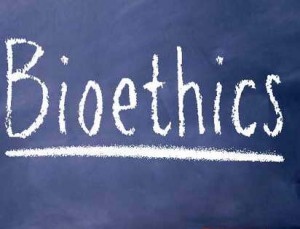 General development of science, breakthroughs in medicine and biology, creation and widespread of new technologies in the latter third of 20th century – all this has significantly changed the interactions between mankind and nature and between the man and his body. The new context raises the eternal questions about life and death, health and sickness; changes the experience of pain and transforms the reflection of suffering.
General development of science, breakthroughs in medicine and biology, creation and widespread of new technologies in the latter third of 20th century – all this has significantly changed the interactions between mankind and nature and between the man and his body. The new context raises the eternal questions about life and death, health and sickness; changes the experience of pain and transforms the reflection of suffering.
New questions rise as the consequence of cardinal changes: the border between life and its absence, the right to define and change this border, decision criteria in ethically ambiguous situation dealing with life, health, quality of life etc. Answers to these questions are sought by doctors, biologists, lawyers, psychologists, philosophers, public figures.
On one hand, controversy of the bioethical discourse is the productive stage in the bioethical knowledge. On the other hand, the relevance and necessity of resolving complex bioethical situations presumes the presence of theoretical and methodological basis for their solution; ideally – working “here and now” mechanism, not after the numerous discussions took place.
The original problem is defined by the fact that many bioethical norms are formulated based off the analysis of specific cases, empirical data. Given their normative nature, they become general regulators despite the onthological, ethical, axiological differentiation of the studied cases, despite the specific social and cultural context, etc.
The autonomous subject idea (autonomy principle, principle of informed consent, justice principle etc.), hard-won by European culture, inevitably clashes with contradictions of various level: body autonomy of an adult and an embryo, legally capable adult and mentally disabled one, bedside manners of dying person’s relative, “body-norm”, euthanasia as a way to save one’s self conscience while destroying it, etc. One of the way to minimize already developed principal discrepancy in the bioethical discourse is the retreat to phenomenological tradition, to the “Lebenswelt” concept and intersubjectivity.
Created by Barbashina Evelina
